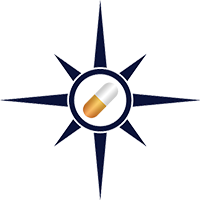



API Suppliers

US DMFs Filed

CEP/COS Certifications

JDMFs Filed
Other Certificates
Other Suppliers

USA (Orange Book)

Europe

Canada

Australia

South Africa
Uploaded Dossiers
U.S. Medicaid
Annual Reports






Impressions: 54752
https://www.pharmacompass.com/radio-compass-blog/top-drugs-and-pharmaceutical-companies-of-2019-by-revenues
Impressions: 4081
https://www.pharmacompass.com/radio-compass-blog/teva-may-get-foreign-ceo-fda-warns-drug-makers-to-check-water-systems
Impressions: 2066
https://www.pharmacompass.com/radio-compass-blog/record-fine-levied-on-pfizer-for-hiking-drug-price-us-senate-clears-biggest-drug-approval-reform
Impressions: 3954
https://www.pharmacompass.com/radio-compass-blog/phispers-india-may-ban-animal-derived-gelatin-capsules-fda-warning-letter-trends-next-gen-nexium-more
Impressions: 4963
https://www.pharmacompass.com/radio-compass-blog/the-future-of-api-manufacturing-at-dr-reddy-s


